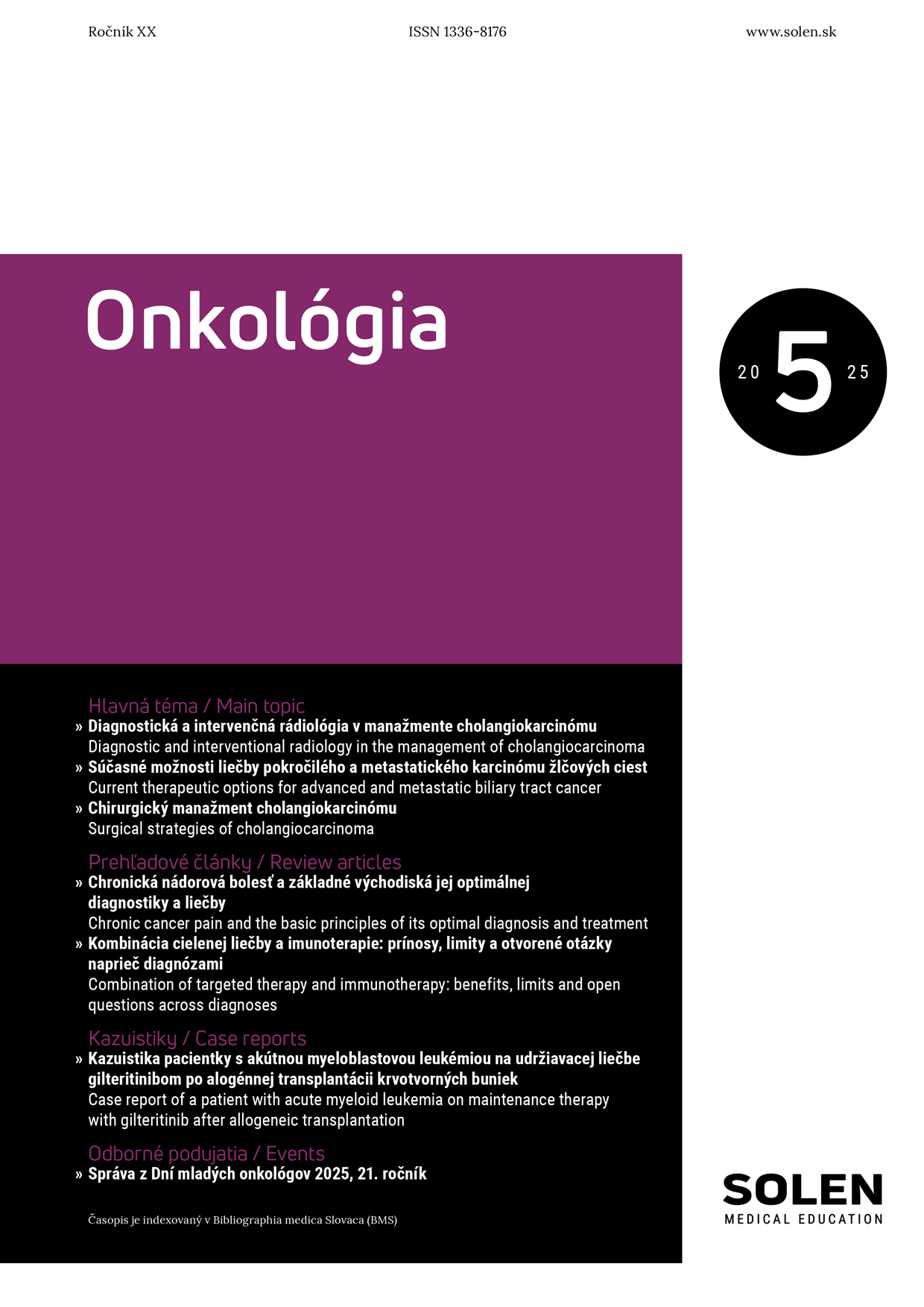Pediatria pre prax 2/2022
Celiac disease – standard diagnostic and therapeutic procedure
Celiac disease (primary malabsorption syndrome, gluten-sensitive enteropathy) is a lifelong, autoimmune disease that develops in genetically predisposed individuals. Gluten consumption causes damage of the intestinal mucosa due to changes in the immune system with T-cell activation and the formation of autoantibodies. In addition to the history and physical examination, genetics, serological examination of the blood and histological examination of small intestinal mucosa samples are used in diagnostics. Initial serological test in children over 3 years is examination of autoantibodies against tissue transglutaminase type IgA, as their negativity excludes celiac disease by 99.8 %. At the same time, it is necessary to rule out IgA deficiency in each child and to have enough gluten in the diet before testing. Genetic testing has a high negative predictive value - in individuals who are HLA DQ2 and HLA DQ8 negative, celiac disease can be rule out. In this article, the authors deal with the current diagnostic and therapeutic procedure in the pediatric population.
Keywords: celiac disease, diagnostic procedure, treatment, antibodies against tissue transglutaminase, antiendomysial antibodies

















